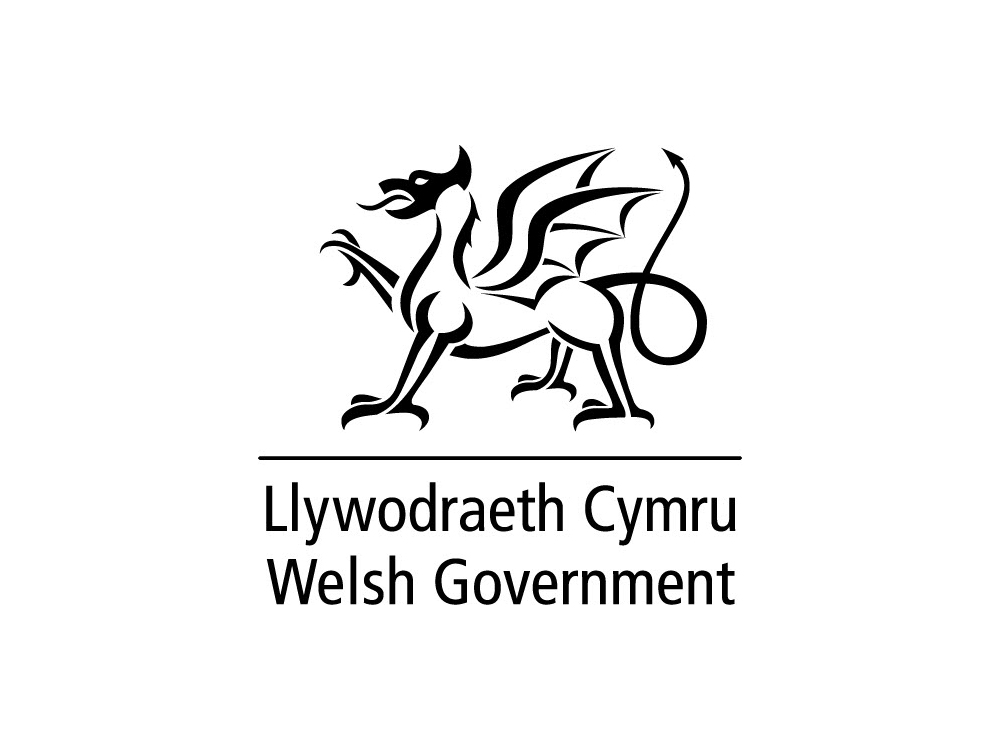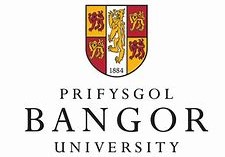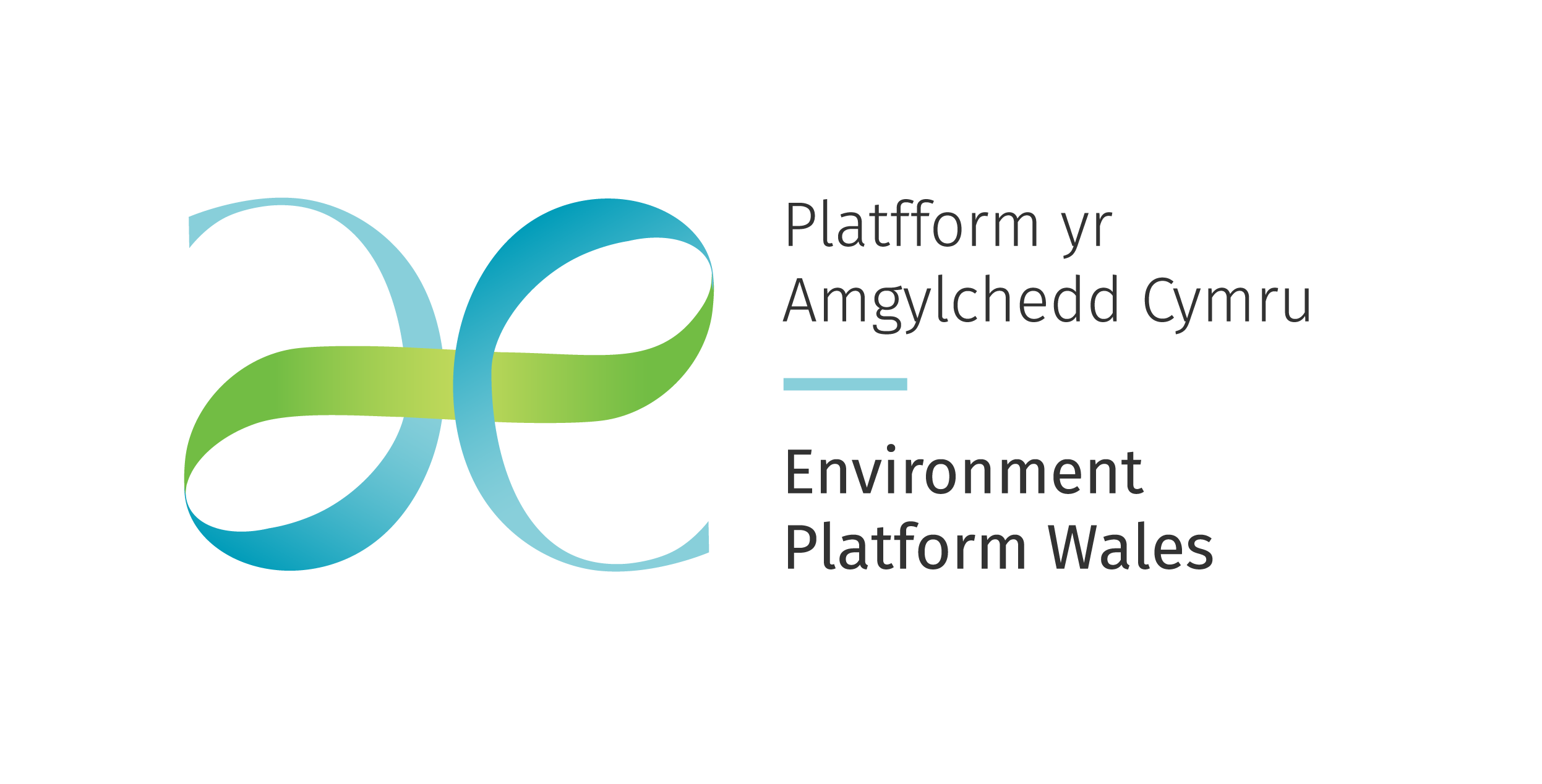MPhil / PhD to assess spatial and temporal approaches to managing scallop fisheries to achieve good environmental status with a viable commercial fishery.
Bangor University (with Heriot-Watt University & Welsh Government)
Start date: October 2025
Supervisors: Natalie Hold, Michel Kaiser, Jan Hiddink, Marianna Chimienti
Project Overview
Effective fisheries management is important for biological, ecological, economic and social sustainability, with well managed fisheries providing higher sustainable food yields and lower environmental impacts. Following the UK Fishery Act (December 2020) all fisheries across the UK will be developing new Fisheries Management Plans that aim to deliver across all pillars of sustainability. In England and Wales the King Scallop FMP was published in 2023 and the implementation phase is now underway. This research will provide an important evidence base to the Welsh Scallop FMP and the fisheries future management. Work includes research to support all pillars of sustainability, including sustainable stocks and minimising benthic impacts form towed gear.
Further details: https://epwales.org.uk/wp-content/uploads/2025/09/Bangor-2025-Sustainable-scallop-fisheries-PhD-1.pdf
Research Focus
You’ll work with both field data and modelling, addressing key questions such as:
- Where are the most productive scallop grounds in Cardigan Bay?
- How do scallops grow and reproduce under different environmental conditions?
- How can pre-recruit (juvenile scallop) data improve fishery management?
- How does natural seabed disturbance compare with scallop dredging?
- Can rotational or innovative fisheries management improve sustainability?
Methods & Opportunities
- Participate in annual scallop surveys (since 2012) using dredge sampling, cameras, and beam trawls.
- Access extensive datasets: biological, environmental, landings, and Vessel Monitoring System (VMS/iVMS).
- Collaborate with UK & European fisheries researchers.
- Time at Heriot-Watt’s Lyell Centre with fisheries conservation specialists.
Funding & Support
- Duration: Initially funded as a 2-year MPhil, with expected upgrade to PhD once full funding is secured.
- Stipend: ~£20,000 (2025/26) and ~£21,000 (2026/27). Further funding (1.5 years) expected before PhD confirmation.
- Fees: Home student fees covered.
- Extras: Research costs, survey participation, travel to Heriot-Watt.
⚠️ International students: Funding does not cover international fees or visa costs. You must self-fund these.
The Research Groups
- Bangor University – Sustainable Fisheries Research Group
- Active since 2012, researching scallop, crab, lobster, whelk, and bass fisheries.
- Strong community of MSc/PhD students and researchers.
- Heriot-Watt University – Marine Sustainability, Policy & Conservation Evidence (Lyell Centre)
- Expertise in fisheries sustainability, seabed impacts, and scallop biology.
- 50+ PhD students, strong collaborative research culture.
How to Apply / Express Interest
📧 Contact Dr. Natalie Hold: n.hold@bangor.ac.uk
📖 Key background reading:
- Welsh scallop surveys and stock assessment (Bangor University)
- Plus further academic references (see full list in advert).






